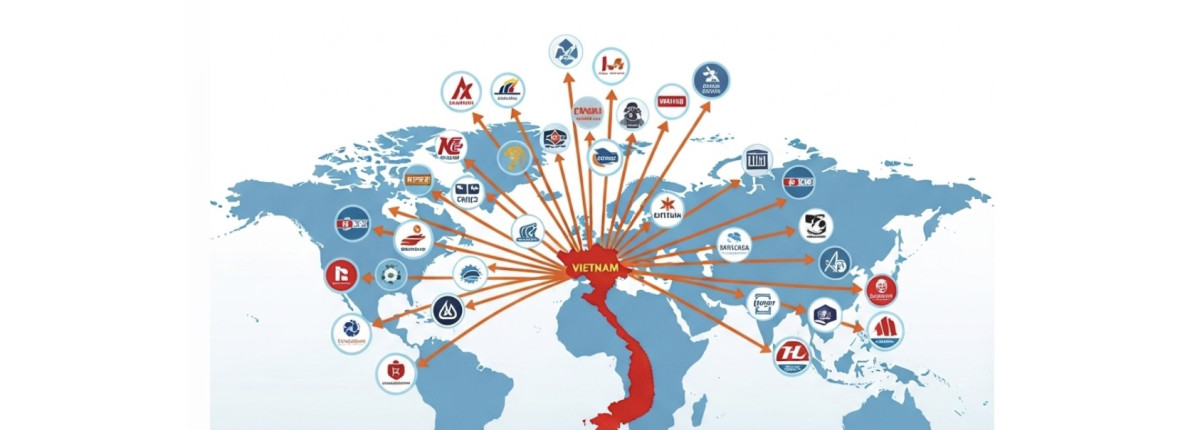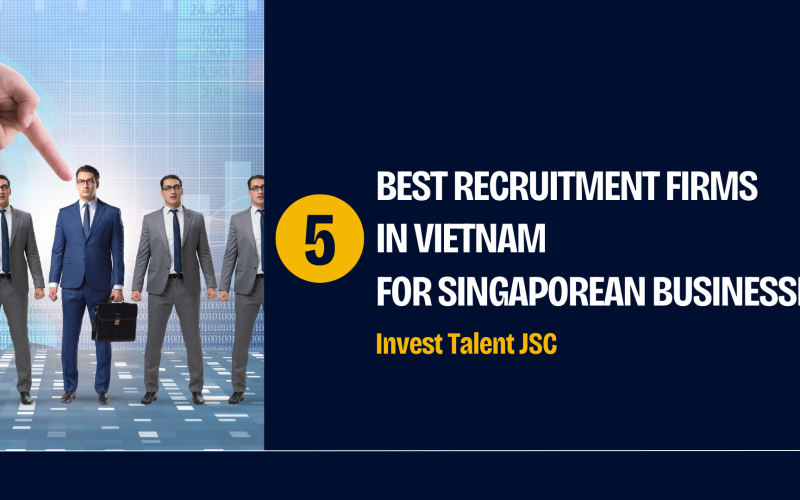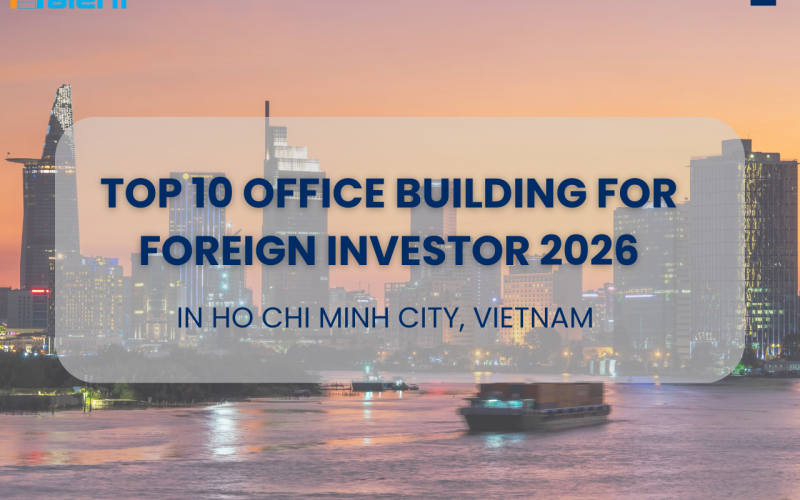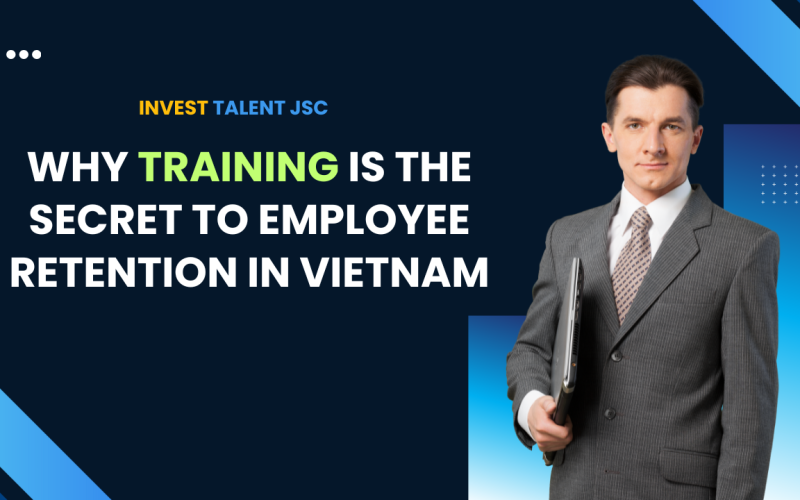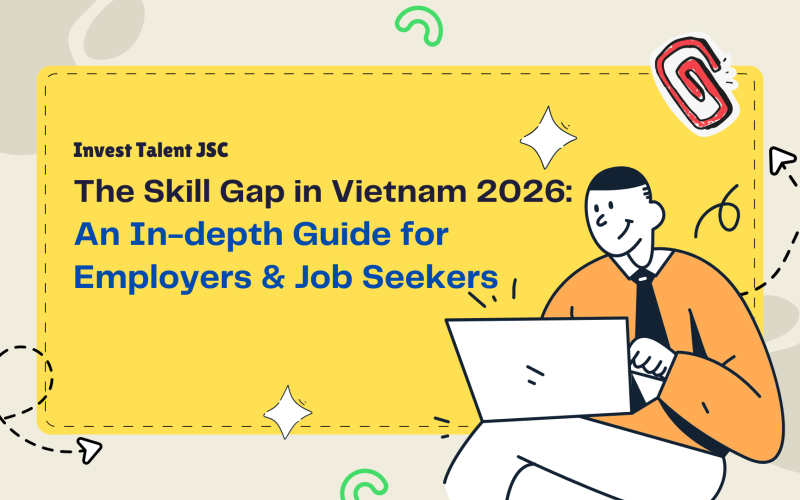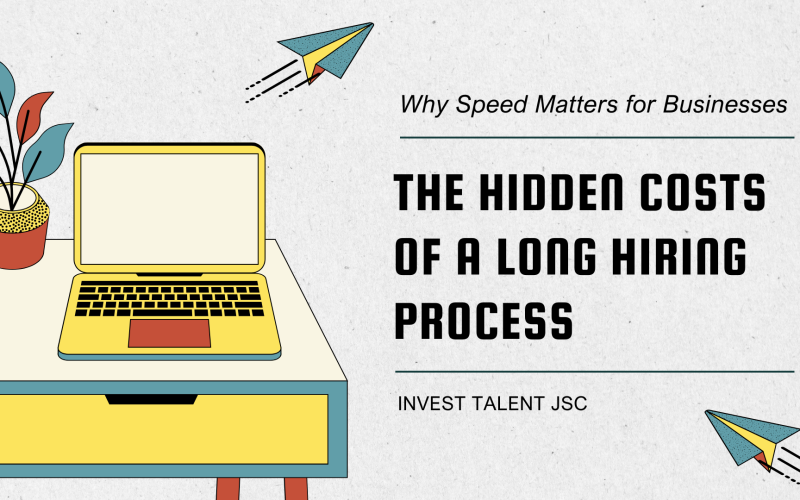The Reverse M&A Wave: Vietnamese Enterprises Transform from “Prey” to “Hunter”
In the past, Vietnam’s mergers and acquisitions (M&A) market was often associated with foreign corporations acquiring domestic companies. Today, however, the landscape has shifted significantly.
Several major Vietnamese private corporations are no longer merely defending their home ground but are proactively expanding abroad, acquiring international brands to strengthen and diversify their ecosystems. This trend, known as reverse M&A, reflects both the growing maturity and the newfound confidence of Vietnamese businesses on the global stage.
FPT Software – Expanding Global Footprint
One of the most notable cases is FPT Software, which has carried out a series of acquisitions across Japan, the United States, and Europe. Key deals include the acquisition of RWE IT Slovakia (2014), Akaud (2018), and Intertec International (2021). These moves not only expanded FPT’s market share but also enabled the company to quickly gain access to international technology and talent. As a result, overseas revenue now accounts for more than 60% of FPT’s total revenue.
Masan Group – From Tungsten to Battery Innovation
Another example is Masan Group. By acquiring the tungsten division of Germany’s H.C. Starck, Masan established Masan High-Tech Materials (MHT), bringing Vietnamese tungsten products to Europe, North America, and China. The acquisition also gave Masan access to advanced tungsten processing technologies and opened doors to the fast-charging battery sector in the UK through its partnership with Nyobolt.
VTI Group – Brewing New Ambitions
Recently, Viet-Thai International (VTI) Group, the owner of Highlands Coffee, has drawn attention with speculation that it may soon bring the well-known Korean bakery chain Paris Baguette into its portfolio. If completed, this deal would not only expand Vietnam’s domestic F&B market but also further reinforce the reverse M&A trend, as Vietnamese companies increasingly “hunt” international brands.
The Driving Forces
Several factors underpin this shift. Vietnamese companies now possess stronger financial capacity thanks to capital accumulation, stock listings, and bond issuances. According to the Ministry of Planning and Investment, Vietnam’s outbound investment reached USD 629.68 million in the first nine months of 2023, up 5.1% year-on-year. Rising domestic competition and the global ambitions of a new generation of entrepreneurs also serve as powerful motivators. Instead of spending years building distribution channels and brand recognition, M&A allows Vietnamese firms to acquire technology, human resources, and market access in a fraction of the time.
The Challenges Ahead
Yet, becoming a “hunter” is far from easy. Post-M&A challenges include cultural integration, management alignment, strategic development, as well as risks related to financing, legal compliance, and debt. Whether to retain a foreign brand identity or localize it also remains a complex decision. Even with international brands in hand, Vietnamese companies must face off against seasoned multinational corporations with decades of global experience.
A Strategic Necessity
In the context of free trade agreements such as CPTPP, EVFTA, and RCEP, the global playing field has opened up like never before. Reverse M&A is no longer just a trend but is increasingly becoming an inevitable strategic path. Whereas the question used to be, “Which foreign company will acquire a Vietnamese firm?”, the narrative is now shifting to, “Which Vietnamese company will be the next hunter?”
This transformation highlights the maturity of Vietnam’s private sector: from a passive, defensive stance to a proactive, offensive one—driven by the ambition to leave a lasting mark on the global business map.
Case Studies of Vietnamese Reverse M&A
Vinamilk – Expanding Dairy Horizons
Vinamilk, Vietnam’s leading dairy company, has also adopted an M&A strategy to grow internationally. In 2013, it acquired 70% of Miraka, a dairy factory in New Zealand, with an initial investment of around USD 20 million. This move granted Vinamilk access to high-quality raw milk from one of the world’s largest dairy hubs, while also providing opportunities to learn advanced production technologies. Vinamilk later increased its stake in Miraka, underscoring its long-term commitment. The deal solidified Vinamilk’s position in the global dairy market, particularly in high-standard export destinations.
THACO – Building a Global Agricultural Value Chain
THACO, best known for its automotive business, has also made bold moves in agriculture through reverse M&A. Between 2018 and 2021, THACO acquired HAGL Agrico (HNG), which operated extensive agricultural assets in Laos and Cambodia covering tens of thousands of hectares. By taking over HNG’s banana and dragon fruit plantations, processing plants, logistics, and port facilities, THACO built an integrated agricultural value chain—from production to export—helping Vietnamese agricultural products reach international markets in a structured, large-scale manner.
TH True Milk – Betting Big in Russia
TH True Milk has made an international mark with its direct investment in Russia, which, while not a classic M&A deal, shares similar characteristics. With a total investment of USD 2.7 billion, TH developed large-scale dairy farms and a modern milk processing plant in Kaluga Province, using advanced Israeli technology. By 2021, TH inaugurated its Russian processing plant with a capacity of 400 tons/day, supplying the domestic market and targeting exports to Europe, the Middle East, and Asia.

